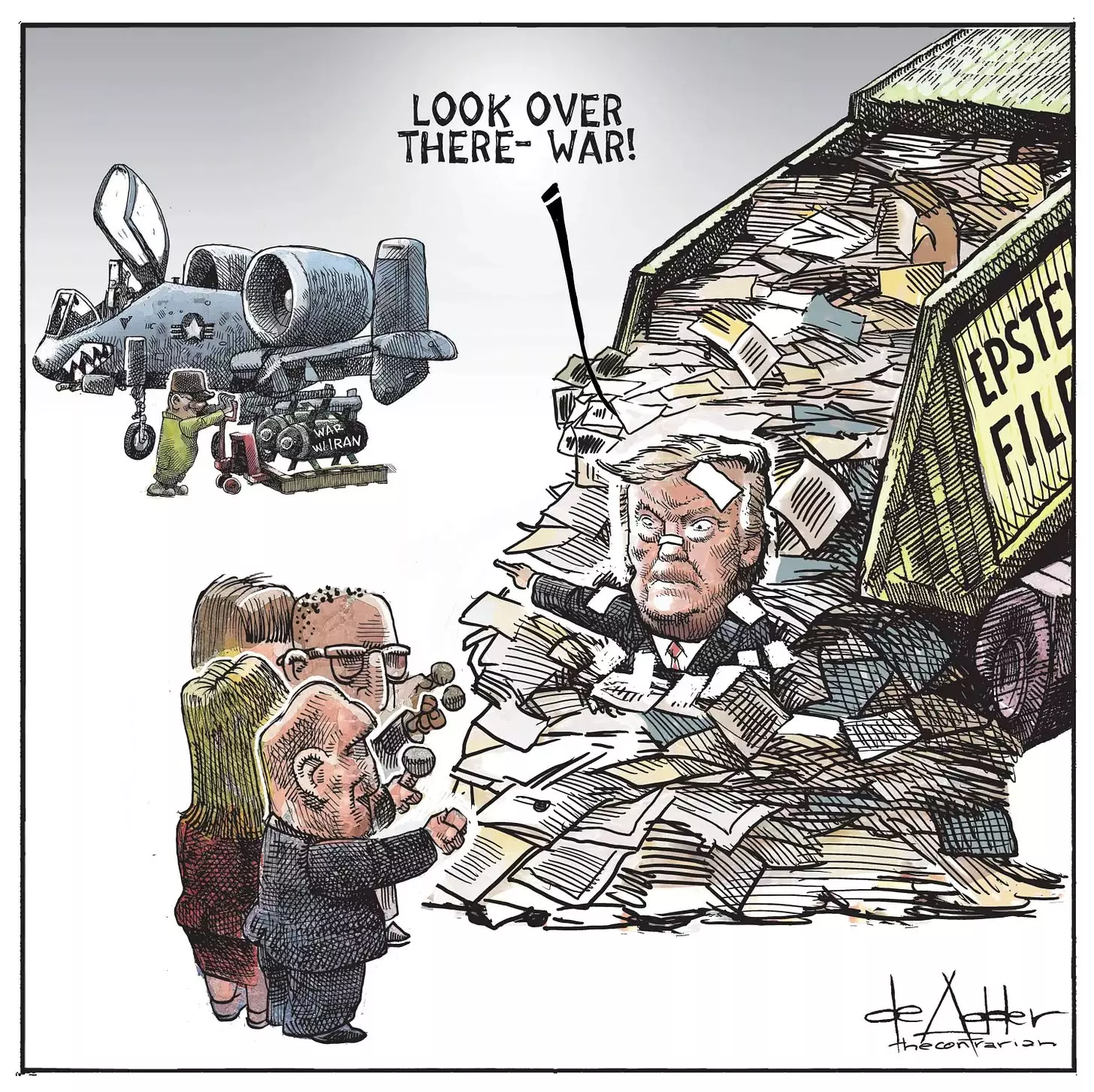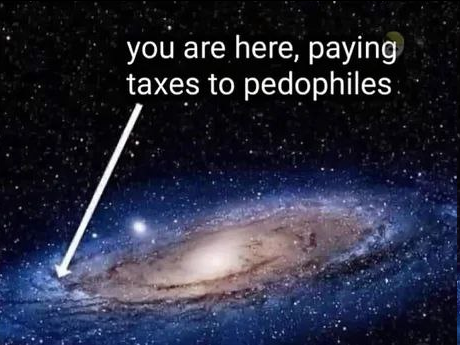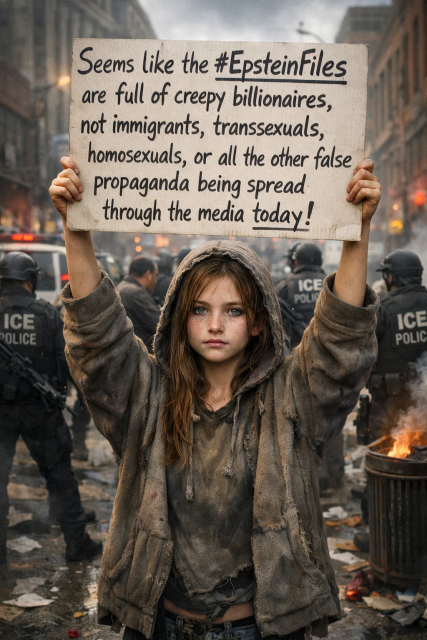Extracted from a much larger and potentially upsetting conversation:
It's easy to say [conspiracy theories] are baseless when you haven't connected the dots. I think people tend to perceive what they look for, if you're not looking for something then you won't find it.
The sad truth is that at our level, it makes no difference whether we connect any dots or not. However, there are plenty of people ready to sell you dots and fake connections between them for klout or money. They exploit people's inherent biases by providing easy scapegoats for their worries. Worse, some of them don't even use what they deal. It becomes a purely cynical enterprise for personal gain. Many prominent right-wing/alt-right pundits are in this category. Alex Jones himself argued in a legal custody battle that "he's playing a character". Which would mean that anything he says might be just invented (and it mostly is) for his character to say during his shows.
My first real contact with #... show moreExtracted from a much larger and potentially upsetting conversation:
It's easy to say [conspiracy theories] are baseless when you haven't connected the dots. I think people tend to perceive what they look for, if you're not looking for something then you won't find it.
The sad truth is that at our level, it makes no difference whether we connect any dots or not. However, there are plenty of people ready to sell you dots and fake connections between them for klout or money. They exploit people's inherent biases by providing easy scapegoats for their worries. Worse, some of them don't even use what they deal. It becomes a purely cynical enterprise for personal gain. Many prominent right-wing/alt-right pundits are in this category. Alex Jones himself argued in a legal custody battle that "he's playing a character". Which would mean that anything he says might be just invented (and it mostly is) for his character to say during his shows.
My first real contact with #
conspiracy theories was the video Loose Change about the alleged government involvement in the September 11th 2001 attacks. The video was well produced, convincing even. And then I read a written rebuke. It wasn't as easy to consume, but it made excellent points against the ones shallowly developed in the video. After watching the video and reading the rebuke, I wasn't as convinced it was a US government false flag operation. I wasn't completely convinced it wasn't one either. But one thing was certain: whether it had been a US plot or not, there was nothing I and many other people could do about it. Worse, I bought into a conspiracy theory because it appealed to my bias towards a well-told story I was ready to believe, not because the facts were sound.
Maybe this is the takeaway: sometimes wrongly connecting unrelated dots is more harmful than not doing it at all.




